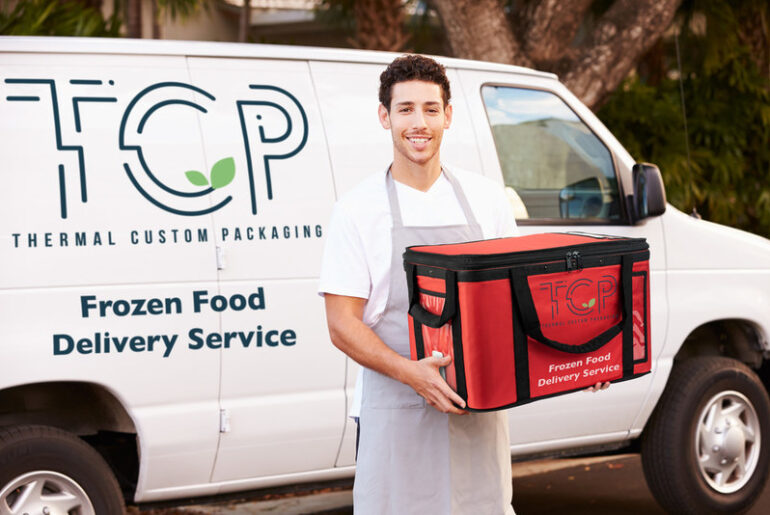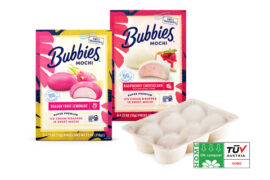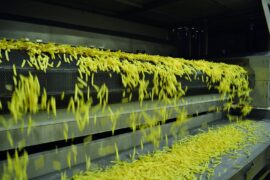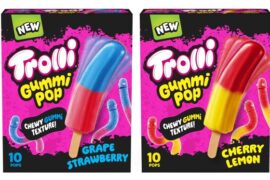Thermal Custom Packaging (TCP), a Hialeah, Florida, USA-based company specializing in transportation services for sensitive healthcare and military cargo, says it is “revolutionizing frozen food delivery with a green alternative to dry ice.” Coming in two below freezing temperature variations: -16°C (3.2°F) and -21°C (-5.8°F), its Phase Change Material (PCM) makes frozen food delivery more environmentally friendly, safer, and easier to use than ever been before.
During the now almost two-year period of the coronavirus (SARS-CoV-2) pandemic, the delivery of frozen food products has skyrocketed, becoming an essential means for keeping refrigerators stocked with long shelf life groceries. Currently, food delivery is possible using insulated packaging and dry ice to keep perishable food frozen in transit. However, despite its use over many years, it is not necessarily the best contemporary option.
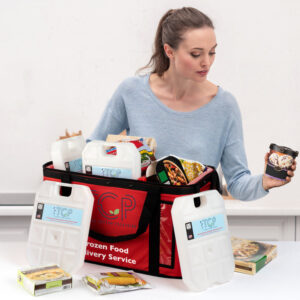
TCP’s alternative is positioned as having significant advantages over consumer-grade gel pack inserts and cases readily available on today’s market. Its PCMs are a green product with two primary goals – reducing waste and maximizing resource efficiency. Dry ice is compressed frozen CO2, which is an undesirable greenhouse gas. Creating and storing dry ice demands a lot of energy, and most commercial freezers will rely on the primary electricity grid to maintain dry ice until it is needed. However, no amount of refrigeration will keep dry ice frozen; it begins sublimating right after it is formed.
“Our alternative to dry ice provides an environmentally friendly, green option for the world,” said TCP Director Dr. Clifford Glade. “The PC-21s and PC-16s are non-toxic, sustainable, reusable, and the outer shells of our PCMs are HDPE plastic and therefore recyclable, helping us continue our mission to maintain a small carbon footprint.”
Dry ice is a hazardous material that not only has potential negative impacts on the environment when it is created and disposed of, but can also be harmful in its use. If not handled correctly, it can be extremely hazardous to those shipping food but also those receiving it after delivery. It can severely burn the skin, and if not vented correctly, the gas itself can cause asphyxiation.
“Our PCMs are 100% safe,” said Glade, “as they change from a solid to a liquid and back to a solid at a precise temperature. The products are made from salts, keeping them safe for the environment and safe for you.”

